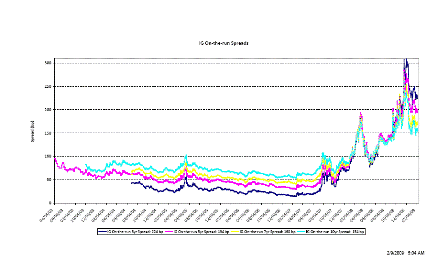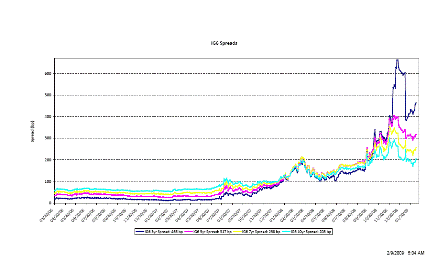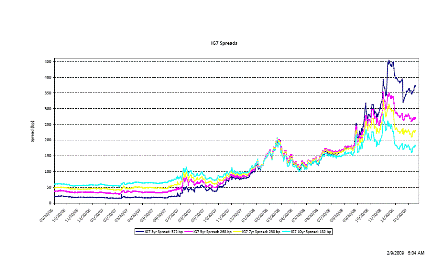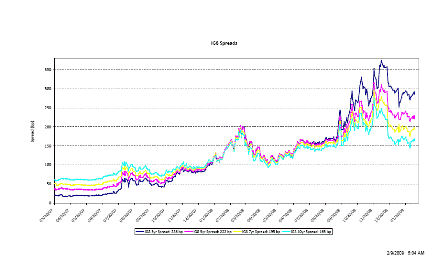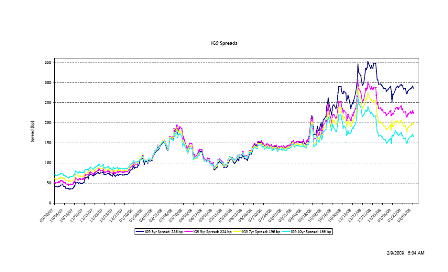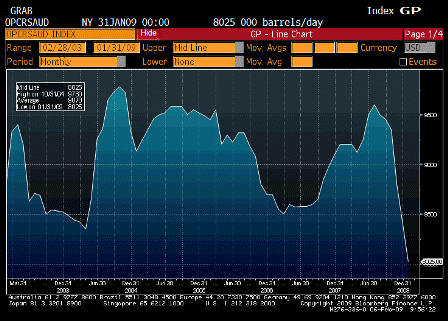He’s starting to sound more like me. Maybe reading my blog?
Be interesting if he starts pushing a full payroll tax holiday, though that’s tough for a Democrat ideologically nowadays, even though it’s their constituency that’s the most severely punished by it and needs it the most to stay in their homes, as they would be able to make their payments and thereby end the financial crisis as well.
Also, he should favor the idea of giving the states revenue sharing on a per capita basis which means it can be ‘no strings attached.’ $300 billion/$1,000 per capita would be a good starting point.
Feel free to forward this to him, thanks.
What the centrists have wrought
by Paul Krugman
Feb 7 (Wall Street Journal)
I’m still working on the numbers, but I’ve gotten a fair number of requests for comment on the Senate version of the stimulus.
The short answer: to appease the centrists, a plan that was already too small and too focused on ineffective tax cuts has been made significantly smaller, and even more focused on tax cuts.
According to the CBO’s estimates, we’re facing an output shortfall of almost 14% of GDP over the next two years, or around $2 trillion. Others, such as Goldman Sachs, are even more pessimistic. So the original $800 billion plan was too small, especially because a substantial share consisted of tax cuts that probably would have added little to demand. The plan should have been at least 50% larger.
Now the centrists have shaved off $86 billion in spending  much of it among the most effective and most needed parts of the plan. In particular, aid to state governments, which are in desperate straits, is both fast  because it prevents spending cuts rather than having to start up new projects  and effective, because it would in fact be spent; plus state and local governments are cutting back on essentials, so the social value of this spending would be high. But in the name of mighty centrism, $40 billion of that aid has been cut out.
My first cut says that the changes to the Senate bill will ensure that we have at least 600,000 fewer Americans employed over the next two years.
The real question now is whether Obama will be able to come back for more once it’s clear that the plan is way inadequate. My guess is no. This is really, really bad.
[top]

